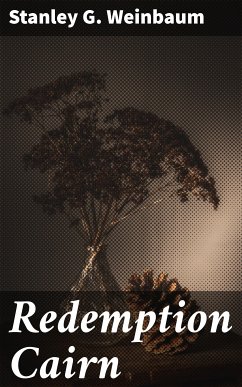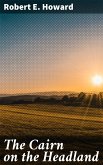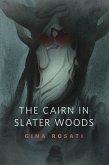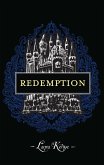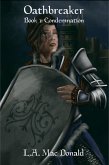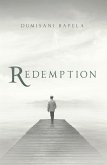In "Redemption Cairn," Stanley G. Weinbaum weaves a haunting narrative that explores the interstices of human emotion and cosmic consequence. Set against a backdrop of a dystopian future, the story unfurls through rich, evocative prose that showcases Weinbaum's hallmark blend of speculative fiction and deep philosophical inquiry. Drawing from contemporary socio-political anxieties, the novel's structure alternates between gripping narrative and introspective passages, inviting readers to reflect on themes of redemption, morality, and the enduring quest for identity amidst chaos. Weinbaum ingeniously incorporates elements of science fiction while crafting a narrative that resonates with the soul's perennial struggles. Stanley G. Weinbaum, a pioneer in the genre of science fiction, drew inspiration from his own rich tapestry of life experiences as a writer and a passionate observer of human conditions. His inventive storytelling was greatly influenced by the tumultuous socio-political landscape of the early 20th century, and his works often mirror a preoccupation with the ethical dilemmas posed by rapid technological advancements. Weinbaum's ability to merge complex characters with profound philosophical questions has established him as a cornerstone of speculative fiction. "Redemption Cairn" is a compelling read for those captivated by thought-provoking literature that challenges the boundaries of imagination and reality. Readers seeking a narrative that not only entertains but also provokes critical thought will find in Weinbaum'Äôs work a layered exploration of the human condition. This book is a must for enthusiasts of speculative fiction who appreciate depth and nuance in storytelling.
Dieser Download kann aus rechtlichen Gründen nur mit Rechnungsadresse in A, B, BG, CY, CZ, D, DK, EW, E, FIN, F, GR, H, IRL, I, LT, L, LR, M, NL, PL, P, R, S, SLO, SK ausgeliefert werden.

